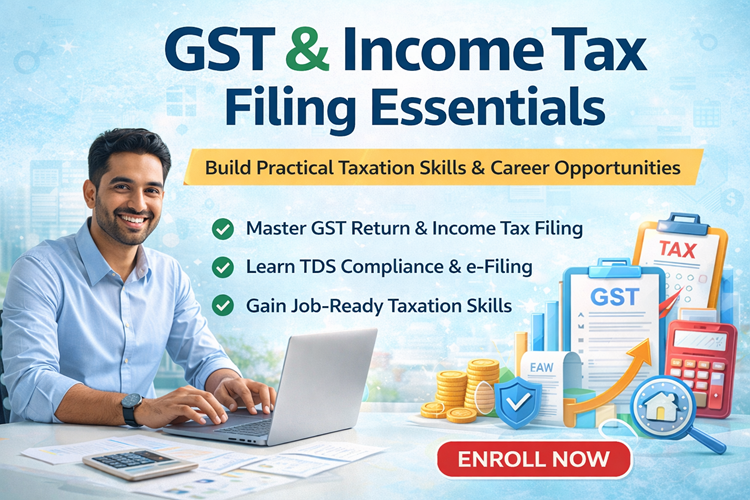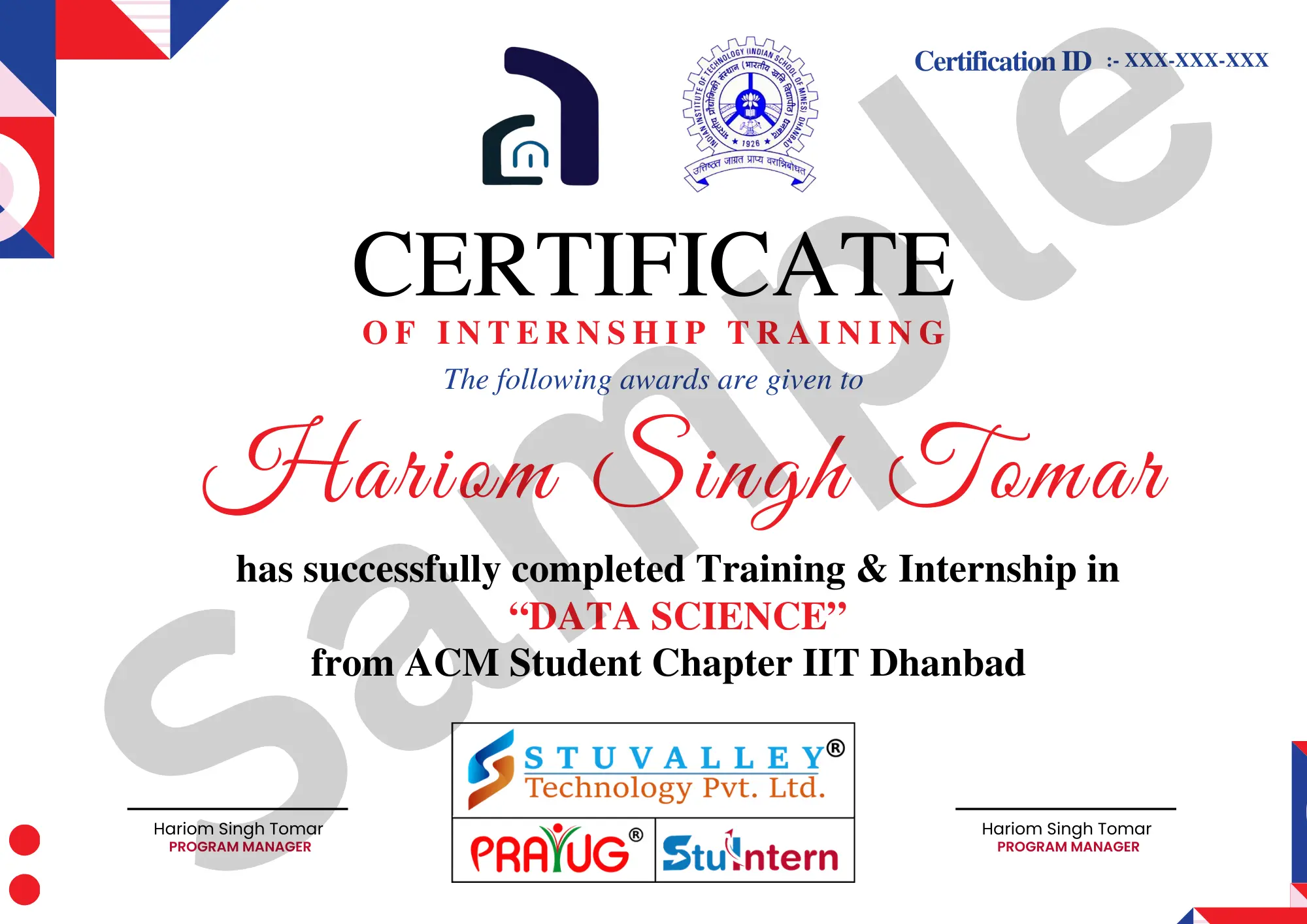Course Overview
Course Overview
Welcome to our Certified Industrial Accountant (CIA) Course, designed to develop industry-ready accounting professionals with strong practical knowledge of corporate accounting, taxation, compliance, and financial reporting. This course bridges the gap between academic accounting and real industrial practices, enabling learners to handle end-to-end accounting operations confidently in manufacturing, service, and corporate environments.
What You'll Acquire
Our Certified Industrial Accountant (CIA) program focuses on hands-on, job-oriented accounting skills, covering real business workflows such as:
Core Accounting & Bookkeeping
Build a strong practical foundation by learning:
Accounting fundamentals and accounting cycle
Journal entries, ledger posting, and trial balance
Rectification of errors
Day-to-day bookkeeping practices
This module prepares you to manage routine accounting operations efficiently.
Final Accounts & Financial Statements
Gain expertise in preparing and analyzing:
Trading, Profit & Loss Account
Balance Sheet preparation
Adjustments and closing entries
Practical interpretation of financial statements
Learn accounting as practiced in industrial and corporate offices.
GST & Direct Taxation (Practical Approach)
Develop compliance-ready taxation skills:
GST structure and accounting entries
GST returns overview (GSTR-1, GSTR-3B)
Basics of Income Tax computation
TDS fundamentals and compliance
This section integrates accounting with statutory requirements.
Costing & Industrial Accounting
Understand cost management in industrial setups:
Cost classification and cost behavior
Job, batch, and process costing basics
Inventory valuation methods
Cost control and profitability analysis
Learn how industries track costs and improve efficiency.
Accounting Software & Excel Skills
Gain hands-on exposure to industry tools:
Accounting software basics (Tally/ERP overview)
Excel for accounting operations
Financial reporting and MIS preparation
Data management and reconciliation
This module enhances workplace productivity and accuracy.
Who Can Learn
This course is ideal for:
Commerce graduates and postgraduates
Accounting and finance aspirants
Working professionals in accounts roles
Business owners and entrepreneurs
Beginners seeking industrial-level accounting skills
The curriculum is suitable for freshers as well as experienced professionals aiming for job-ready accounting expertise.
Comprehensive Curriculum Featuring
Industrial Accounting
Practical bookkeeping and accounting operations.
Final Accounts & Reporting
Financial statement preparation and analysis.
GST & Tax Compliance
Indirect and direct taxation basics.
Costing & Inventory
Cost management and industrial accounting.
Software & Excel
Accounting tools and MIS reporting.
Exclusive Resources and Materials
Industry-Recognized CIA Certification
Internship Certification for practical exposure
Online Live Classes + 24/7 Support
Expert Trainers with industrial experience
Real Business Case Studies & Practice Sets
Recorded Sessions for revision
Job Assistance through Navrojan.com
Your Gateway to Industrial Accounting Excellence
This course equips you with practical accounting, taxation, and compliance skills demanded by industries and corporate organizations. Build confidence to handle real accounting responsibilities from day one.
Join Us in This Certified Industrial Accountant (CIA) Journey
Thank you for choosing our program as your pathway to becoming a skilled industrial accounting professional. We look forward to supporting your growth at every step.
Enroll today and take your first step toward becoming a Certified Industrial Accountant!
- ACCOUNTING (FUNDAMENTAL AND PRACTICE)
- AUDITING (FUNDAMENTAL AND PRACTICE)
- TALLY ERP 9 (FUNDAMENTAL AND PRACTICE)
Top Blog Posts






Benefits Of A Prayug Certificate
Build credibility, boost your profile, and unlock new opportunities.
Certify Your Skills
A CPD accredited Prayug Certificate certifies the skills you’ve learned.
Stand Out From The Crowd
Add your Prayug Certification to your resumé and stay ahead of the competition.
Advance in Your Career
Share your Prayug Certification with employers to show your capabilities.

